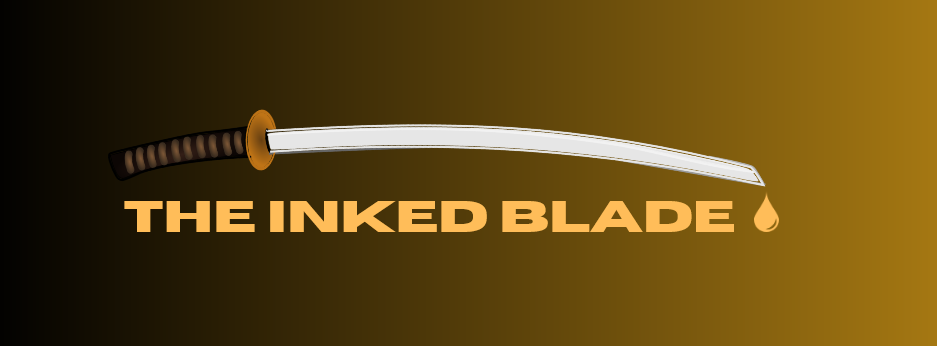Worldbuilding is the bread and butter of any fantasy writer. Of any writer, really. In fantasy, though, only our imagination is the limit.
The idea of making up my own rules, of playing god in my own world, has always appealed to the control freak in me. Also, I never liked to do the in-depth, meticulous research I’d have to do if I wanted to credibly set a story in a place that actually exists.
That doesn’t mean, though, that as fantasy writers we’re spared any research.
In my own writing, I take elements from our world, natural or cultural, that I’ve either researched, or experienced first-hand in my travels. Then I mash them all together to create my own world. It’s a low magic world. As a matter of fact, except for a sword that burns anyone it doesn’t like to wield it, my world is entirely devoid of magic. One less thing to worry about, from a worldbuilding perspective. But also: One less thing to play with.
No matter how much or how little magic we’re incorporating, our world has to be internally consistent. Otherwise it won’t be believable to the reader.
Just as our real world, our imaginary world needs to sustain its population, however alien it may be. Unless a story is really far “out there” — and my own imagination doesn’t stretch that far — our world needs rules of physics (including magic), ecology, and biology. Landscapes, seascapes, atmosphere, climate, and weather patterns, in the widest sense, are the canvas. We paint that canvas with the sentient and non-sentient beings (or constructs) that populate our world. Or worlds, as the case may be.
Life, whether sentient or not, gives rise to patterns of behavior. Natural, instinctual, or cultural patterns. From there, we’re moving into economic systems, food production, art, faith and religions, warfare, politics, morals, written and unwritten laws, and anything else we can dream up that govern the actions of — and the interactions between — individuals, groups, and societies.
Of course all these things are interconnected. Weather patterns and ecosystems will determine, for example, which foods can be grown, which goods can be traded, and, ultimately, what people value. Biology (and maybe magic) will determine how fast and well the denizens of our world heal. Just like the world we live in, our imaginary world needs rules and systems that determine and explain how life works. On a macro and a micro scale.
Building a coherent world is the only way to get the reader to suspend their disbelief and follow our imagination into the lands we have created.

